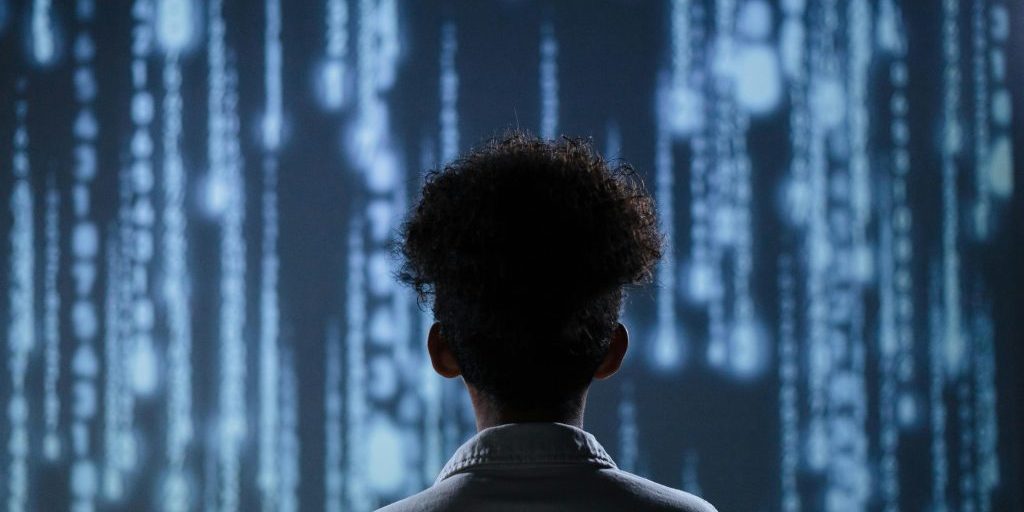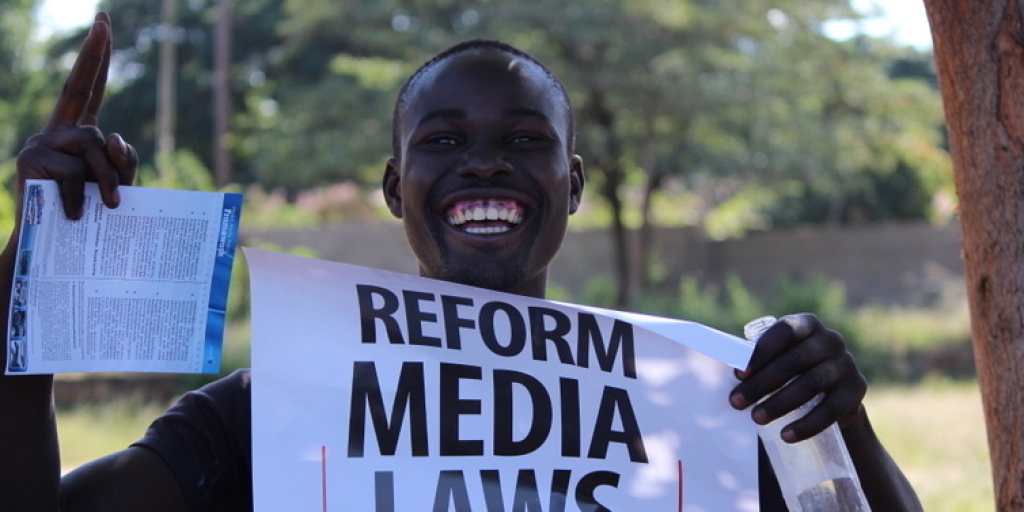Press Council: Uphold journalism ethics, preserve information integrity
World Press Freedom Day
3 May 2025
As the world observes World Press Freedom Day, the Press Council of South Africa (PCSA) underscores the enduring significance of a free and independent media in a rapidly evolving digital age.
We stand in solidarity with journalists and media practitioners worldwide, recognising their indispensable role in safeguarding democracy and informing the public.
This year’s UNESCO theme, ‘Reporting in a Brave New World – The Impact of Artificial Intelligence on Press Freedom’, resonates deeply with the PCSA’s commitment to fostering ethical and responsible journalism in South Africa.
Artificial Intelligence (AI) presents both extraordinary opportunities and significant challenges for the news media landscape, and this year’s theme compels us to inspect closely its transformative potential and its capacity to erode information integrity and fuel unprecedented levels of information disorders.
The PCSA firmly believes that the core tenets of ethical journalism – accuracy, fairness, impartiality and accountability – are more critical than ever in navigating this ‘brave new world’.
Crucially, as AI becomes increasingly integrated into news production and consumption, adherence to these principles is paramount to preserving public trust and combating growing threats.
The Council recognises the urgent need for news media organisations and journalists to proactively engage with the ethical implications of AI.
The PCSA’s Executive Director, Phathiswa Magopeni, says, ‘This includes transparency in the use of AI in news generation, and ensuring that audiences can distinguish between human-authored and AI-assisted content’.
‘It is also about accountability by establishing clear lines of responsibility for the accuracy and integrity of AI-generated information, mitigation of bias by actively identifying and addressing potential biases embedded within AI algorithms to ensure fair and representative reporting, and human oversight to ensure rigorous verification, editorial control over critical journalistics decisions and ensuring that AI serves as a tool to enhance but not replace human judgment in news processing.’
The PCSA remains steadfast in its mission to promote and uphold the highest ethical standards in South African journalism and to strengthen media accountability.
Through its outreach programmes, it fosters adherence to its Code of Ethics and Conduct and its FAIR principles of Factual, Accountable, Independent, and Responsible journalism and media oversight.
The PCSA’s Deputy Chairperson, Amina Frense, says, ‘We reaffirm our commitment to supporting a vibrant and ethical media ecosystem, one that embraces innovation responsibly and remains a reliable source of credible information for all citizens in the face of an evolving technological landscape’.
‘The integrity of our information environment, and indeed our democracy, depends on it.’
The Council urges journalists, editors, publishers, policymakers, and technology developers to recognise the gravity of this moment and collectively champion ethical journalism, a just development and deployment of AI technologies, and mechanisms to promote and preserve digital rights, human dignity and inclusion in the usage of AI tools as the bedrock of a healthy news and information ecosystem.
‘The robustness of our media freedom, the integrity of our public discourse, the strength of our democracy, and public trust depend on our unwavering commitment to these principles in the face of the AI revolution,’ says Magopeni.
The Executive Director will represent the PCSA at UNESCO’s World Press Freedom Day Global event in Brussels, Belgium, this week, speaking on AI, information integrity and media ethics.




